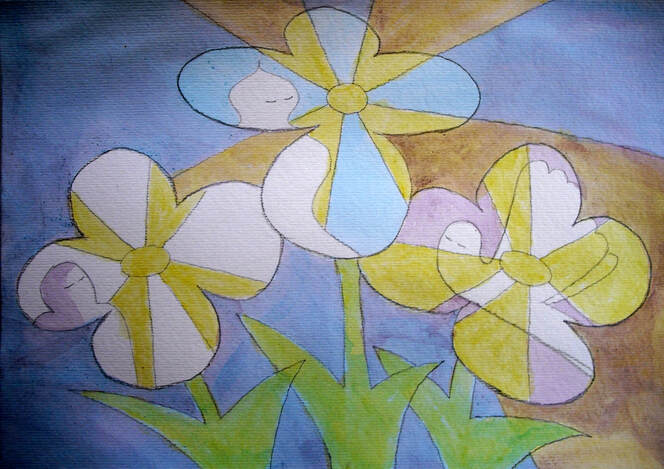|
I practised for about twenty years in lay life before I ordained, at age 36. The factors I found most important in order to maintain my practice as a lay person was the job I was doing and the company I was keeping.
In terms of my work, I chose to become a physiotherapist in order to be able to investigate body and mind and also to try to help people. So in other words my knowledge was always aimed at practical application; I saw the dangers of abstract theory and didn't get lost in it. I also specialised in my work and dug deeper as much as I could. I found that if I was doing the same thing over and over or considering the same thing in more and more depth, this was less exciting than seeking new challenges, but much more conducive to meditation. Moreover I worked a lot with the elderly to try to slow myself down and also found this very sobering. Today, looking back on these days, I think I would also have done a mindfulness course to take the practice even more into the workplace. Another aspect was that in my work I was more and more faced by the fact that some people had huge problems and suffered very little, these were the ones with the strength of mind; others had small problems but suffered a lot, these were the ones without such strength. So working with the mind and teaching this to others made more sense than trying to solve their problems in themselves. And all I had learned about body and mind along the way of my career was to be equally of value in my monastic life, this time in the supporting role rather than in the lead. In terms of company I sought out any kind of group I could find connected to eastern spirituality – yoga and T'ai Chi classes for example, and I developed a social life with the people I met there. The formal meditation practice was not so important to me at this time, it was a support to mindfulness and a way of relaxing, not much more than that. And T'ai Chi at that time was a very helpful aid to mindfulness of the body and also integrated well into my daily life. It took me years to appreciate how deep it could all actually go. Eventually I chose the monastic form as a way of committing myself more fully to the meditation practice. Now I can regret not having got more into the meditation a bit earlier, but I was very energetic in my youth. I also look back and realise that I did help other people, I feel good about that, and it was all sowing the seeds for the deeper investigation of Dhamma that ensued. We have to start from where we are and try to bring that into our Dhamma path. Comments are closed.
|
Categories
All
|
Open The Sky - Reflective and creative work by Ajahn Kalyano

